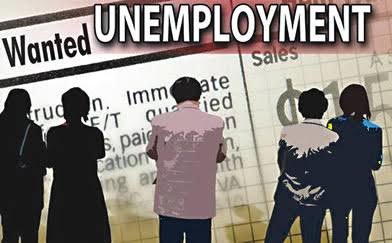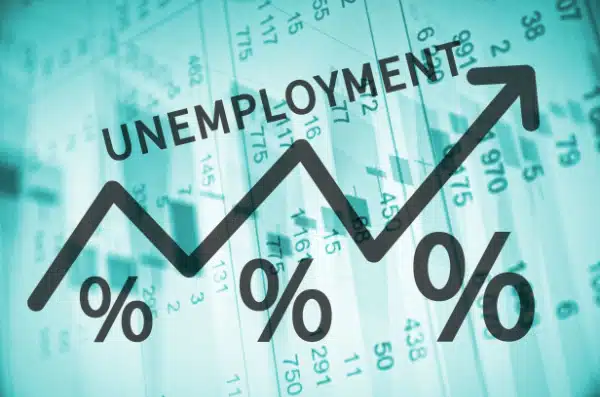Youth unemployment in Nigeria: ‘A ticking time bomb’

As Africa’s most populous nation, Nigeria faces a severe youth unemployment challenge that hampers economic growth and threatens social stability.
With a population of 232.7 million in 2024 and over 60% of its citizens under the age of 25, Nigeria is home to one of the youngest populations globally. However, instead of leveraging this demographic advantage, the country confronts the grim reality of more than 40% youth unemployment.
This persistent crisis leaves millions of young Nigerians feeling hopeless and frustrated, with limited access to quality education, job opportunities, or adequate support systems.
The National Bureau of Statistics (NBS) reports that Nigeria’s working-age population includes those willing and able to work or individuals outside the labor force.
Despite this, the unemployment rate climbed from 5% in Q4 2023 to 5.3% in Q1 2024, underscoring systemic issues that disproportionately affect young people.

Implications of Youth Unemployment
The effects of widespread youth unemployment are profound. Social vices such as armed robbery, terrorism, prostitution, and political thuggery are on the rise, posing significant threats to national security. These issues, driven by frustration and lack of opportunities, hinder Nigeria’s long-term development.
Calls for Urgent Action
The World Bank has urged Nigeria’s federal government to prioritize job creation for young Nigerians, particularly as recent economic reforms have led to higher inflation and an increased cost of living.
Ndiame Diop, the World Bank’s Country Director for Nigeria, emphasized the need to tackle unemployment to ease economic pressures on households.
Stakeholder Perspectives
Speaking with Naija News, Michael Musa Shekarau, National President of the Northern Christian Youth Association of Nigeria (NYCN), called for more proactive governance in addressing youth unemployment.
Shekarau acknowledged that while the government cannot employ all young people, it can create enabling policies to empower youth entrepreneurs.
He proposed measures such as providing soft loans with minimal collateral requirements and fostering a supportive environment for self-employment and entrepreneurship.
Shekarau criticized the current lack of youth-focused policies, describing government efforts so far as insufficient.
– Policy Shortcomings: Shekarau criticized the lack of robust government initiatives to tackle unemployment. “The government cannot employ everyone, but it must implement policies that enable young Nigerians to access soft loans and create businesses,” he said. He noted that the focus on infrastructure projects like road construction has overshadowed job creation efforts.
– Insecurity and Agriculture: Insecurity, particularly in northern Nigeria, has crippled agricultural productivity. “Eighty percent of rural youth depend on farming, but insecurity prevents them from accessing their land. The government must address security issues and provide collateral-free loans to empower young entrepreneurs,” he explained.
– Corruption: Shekarau also pointed to systemic corruption as a significant barrier. “Employment opportunities are often based on connections rather than merit, leaving deserving young Nigerians sidelined,” he lamented.
– Weak Advocacy: He criticized youth organizations for aligning with government interests rather than holding leaders accountable. “If these groups prioritized defending youth interests, the government would have no choice but to act responsibly,” he argued.
Pathways to Progress
To tackle youth unemployment, Nigeria must adopt a multifaceted approach:
1. Job Creation Initiatives: Invest in industries such as technology, agriculture, and manufacturing that can absorb a large workforce.
2. Security Improvements: Enhance security, particularly in rural areas, to enable agricultural activities to thrive.
3. Access to Finance: Introduce accessible loan schemes for youth entrepreneurs without the need for excessive collateral.
4. Merit-Based Systems: Address corruption in the job allocation process to ensure opportunities are distributed fairly.
5. Strengthened Advocacy: Empower independent youth organizations and civil society to advocate for meaningful policy changes.
The Way Forward
Youth unemployment in Nigeria is a ticking time bomb, but it can be defused with decisive action. By addressing the root causes of joblessness and implementing targeted solutions, Nigeria can transform its youth population into a powerful driver of economic growth and social stability.







